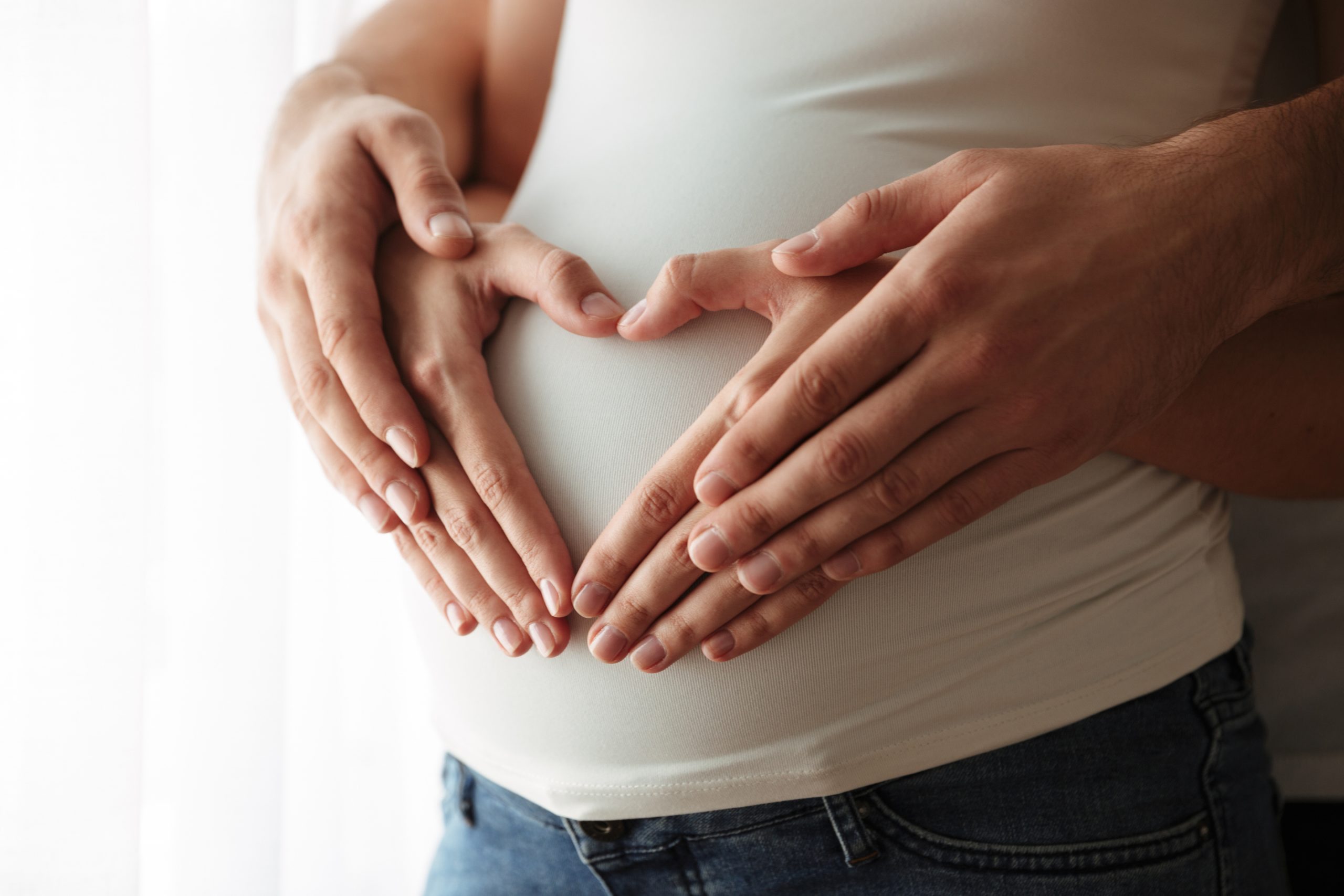

According to a new UCL study, approximately 20% of women who used reproductive treatment, such as IVF, to conceive their first child are likely to become pregnant spontaneously in the future.
The groundbreaking study, published in Human Reproduction, examined data from 11 studies involving over 5,000 women from throughout the world between 1980 and 2021 to determine how frequent it is to become pregnant spontaneously after having a kid born through fertility therapy.
They discovered that at least one in every five women conceived naturally after undergoing reproductive treatment such as IVF, usually within three years. This figure remained constant even after accounting for the various types and outcomes of reproductive treatment, as well as the length of follow-up.
Infertility is defined as the inability to achieve pregnancy after 12 months or more of regular unprotected sexual intercourse, and it is estimated that one in every seven heterosexual couples suffers from it.
However, not all women seeking and having fertility treatment remain infertile indefinitely or permanently. In addition, half of couples who fail to conceive naturally in the first year of trying will succeed in the second year.
Although it is deemed ‘rare’ for a woman to become pregnant naturally if she has previously received fertility therapy, the researchers wish to emphasize that it is not an unusual event.
The researchers believe the findings are especially significant because many women may be unaware that they can conceive naturally after undergoing reproductive treatment.
This could result in them becoming pregnant again quickly or when they are not ready, which could be harmful to both the mother’s and the child’s health.
Lead author, Dr. Annette Thwaites (UCL EGA Institute for Women’s Health) said, “Our findings suggest that natural pregnancy after having a baby by IVF is far from rare. This is in contrast with widely held views—by women and health professionals—and those commonly expressed in the media, that it is a highly unlikely event.”
Much has evolved since the early days of IVF, and it is now utilized for a wide range of infertility problems, including cases when no explanation can be determined.
Furthermore, some women may not have had infertility at all but sought therapy for other reasons. This could include single women using donor sperm, same-sex women, surrogates, or those looking to screen for major genetic disorders.
As a result, it is critical for those who have had successful IVF to understand how likely they are to conceive naturally afterward.
IVF was initially used in 1978, and since then, more than 10 million babies have been born using the therapy, amounting to between 1% and 6% of all babies born in the developed world each year by 2020.
The researchers are requesting linked national data sets in order to more reliably follow the data and examine which factors make natural conception after reproductive therapy more likely.
They hope that after successful fertility therapy, this information can be utilized to assist patients who are considering their options.
Dr. Thwaites said, “Knowing what is possible would empower women to plan their families and make informed choices regarding further fertility treatment and/or contraception.”
more recommended stories
 Anxiety Reduction and Emotional Support on Social Media
Anxiety Reduction and Emotional Support on Social MediaKey Summary Anxiety commonly begins in.
 Liquid Biopsy Measures Epigenetic Instability in Cancer
Liquid Biopsy Measures Epigenetic Instability in CancerKey Takeaways Johns Hopkins researchers developed.
 Human Antibody Drug Response Prediction Gets an Upgrade
Human Antibody Drug Response Prediction Gets an UpgradeKey Takeaways A new humanized antibody.
 Pancreatic Cancer Research: Triple-Drug Therapy Success
Pancreatic Cancer Research: Triple-Drug Therapy SuccessKey Summary Spanish researchers report complete.
 Immune Cell Epigenome Links Genetics and Life Experience
Immune Cell Epigenome Links Genetics and Life ExperienceKey Takeaway Summary Immune cell responses.
 Dietary Melatonin Linked to Depression Risk: New Study
Dietary Melatonin Linked to Depression Risk: New StudyKey Summary Cross-sectional analysis of 8,320.
 Chronic Pain Linked to CGIC Brain Circuit, Study Finds
Chronic Pain Linked to CGIC Brain Circuit, Study FindsKey Takeaways University of Colorado Boulder.
 New Insights Into Immune-Driven Heart Failure Progression
New Insights Into Immune-Driven Heart Failure ProgressionKey Highlights (Quick Summary) Progressive Heart.
 Microplastic Exposure and Parkinson’s Disease Risk
Microplastic Exposure and Parkinson’s Disease RiskKey Takeaways Microplastics and nanoplastics (MPs/NPs).
 Sickle Cell Gene Therapy Access Expands Globally
Sickle Cell Gene Therapy Access Expands GloballyKey Summary Caring Cross and Boston.

Leave a Comment